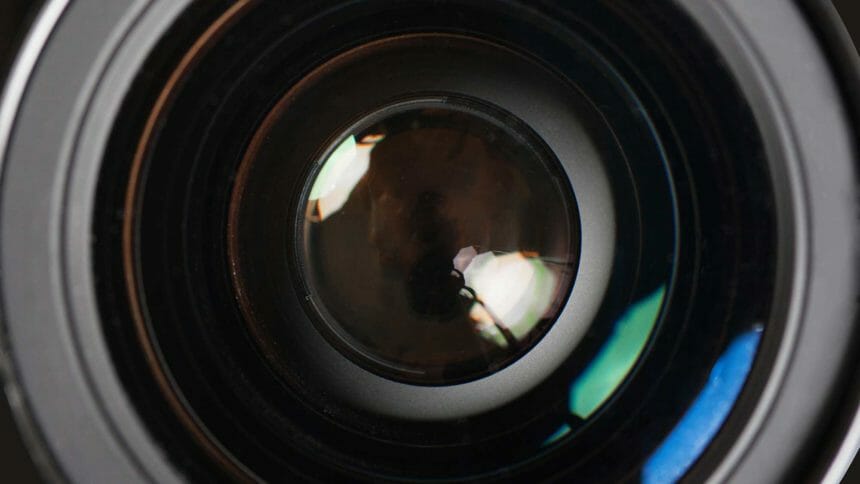
A bipartisan bill that would enable long-term care residents and their families to install remote monitoring equipment in their rooms had a hearing in the Ohio House of Representatives’ Families, Aging and Human Services Committee on Tuesday.
“Esther’s Law,” also known as Ohio S.B. 58, unanimously passed the Ohio Senate in May.
“Esther’s Law authorizes the installation of electronic monitoring devices in long-term care facilities by residents and their guardian or attorney in fact; and clarifies that those individuals and law enforcement are able to view the images captured by the device,” according to written testimony from the bill’s co-sponsors, state Sens. Nickie J. Antonio (D) and Andrew O. Brenner (R).
According to Antonio’s office, “long-term care facilities” for the purpose of this bill means nursing homes, skilled nursing facilities and nursing homes licensed through Medicaid and Medicare under the Ohio Revised Code. Esther’s Law does not cover assisted living facilities.
The legislation is named for the mother of Steve Piskor, founder of Elderly Nursing Home Abuse Advocates. Eleven years ago, he and other family members of 90-year-old Esther Piskor were concerned about the Northeast Ohio nursing home resident’s quiet moods and unexplained bruising they saw in their visits. Steve Piskor testified that his family learned that his mother was “brutally abused” because they hid a camera in her room. The footage reportedly showed that eight aides abused her. One went to prison for 10.5 years, one went to jail for six months, three were fired and three were disciplined, he testified.
“Cameras in all long-term care facilities is [sic] not [going to] solve all problems for our loved ones. There is still much work needed to keep them free of neglect and abuse, and to be treated with dignity and respect. Cameras will be a help to some who will be able to take advantage of using them with Esther’s Law,” Piskor said.
Proponents of the bill say that the coronavirus pandemic has highlighted the need for families and guardians to be able to remotely monitor long-term care residents, because they were prohibited from in-person visits for some time.
Cameras also would help investigators do their jobs, testified Sandra Ketterman, who has worked as a registered nurse for 46 years.
“Staff are afraid to help state investigators during complaint investigations. Most staff are ‘at will employees’ and can be fired for any reason or no reason at all.,” she testified. “This explains why families have such difficulty having their complaints substantiated.”
The bill stipulates that if the long-term care facility has a prescribed form regarding the installation of the monitoring equipment, that form must be completed before the camera is installed. Also, the resident, resident’s guardian or attorney in fact would incur any costs associated with the device and its installation, maintenance and removal.
If the resident lives with a roommate, then that roommate, his or her guardian or attorney in fact would need to consent to the use of the electronic monitoring device. If consent is not given, then it would be up to the facility to make arrangements to move one of the residents to another room.
“The bill prohibits a person or resident from being denied admission to, or being
discharged from a long-term care facility or otherwise being discriminated or retaliated against because of the decision to authorize the installation and use of an electronic monitoring device in a resident’s room in the facility,” according to the bill language. Violators would be fined $100 for a first offense and $500 for each subsequent offense.


